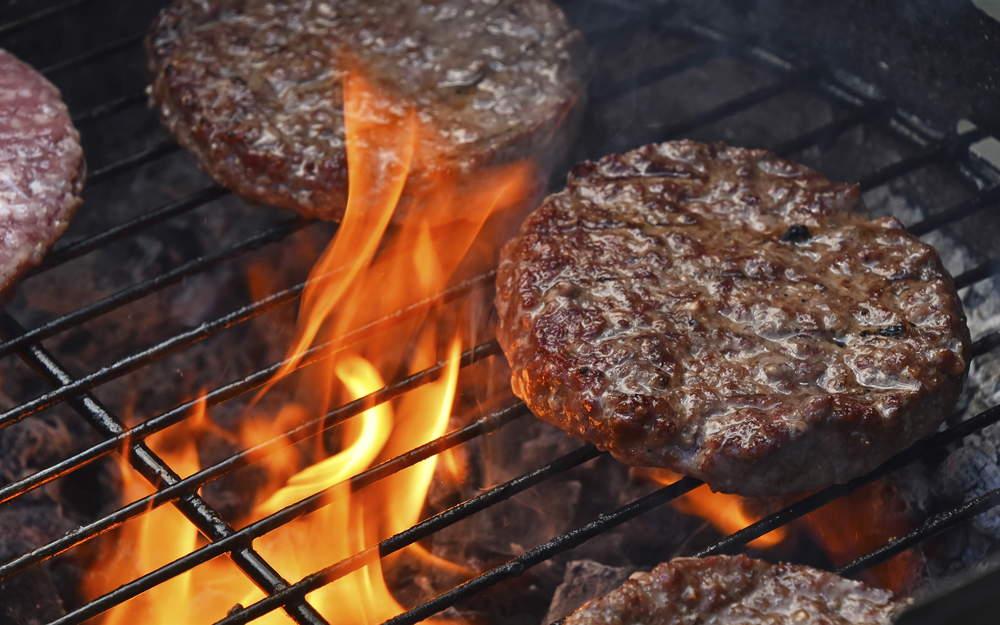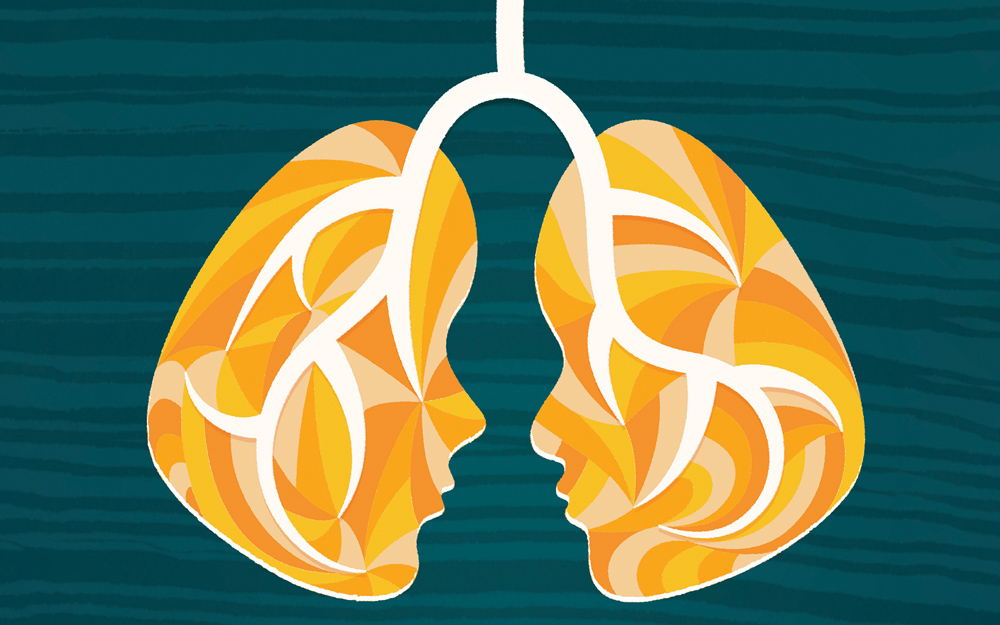Healthy Grilling: Reducing the Risk of Cancer
Date
July 30, 2018

Date
July 30, 2018
Credits
Medical providers featured in this article
In Brief
{{cta-block}}
Whether you choose burgers or portobellos, firing up the barbecue is an easy way to get dinner on the table fast. But with media reports suggesting grilled foods are loaded with carcinogens, you may be wondering if it's safe to get your grill on this summer.
Cooking meat at high temperatures produces cancer-causing chemicals called heterocyclic amines.
Cooking meat at high temperatures produces cancer-causing chemicals called heterocyclic amines (HCAs), particularly if it produces char marks, explains Dr. Stephen Freedland, director of the Center for Integrated Research in Cancer and Lifestyle (CIRCL). Plus, when fat drips into the grill, the resulting flames can cover food with polyaromatic hydrocarbons (PAHs), another chemical linked to cancer.
Despite these potential risks, no one is suggesting you should ditch your barbecue. Instead, next time you hit the grill, consider these 6 tips for healthier meals:
Go lean
When fat hits an open flame, it produces PAHs. So, instead of grilling fatty burgers or brats, opt for grass-fed steak, chicken, or fish. "But steer clear of tilapia," advises Dr. Freedland. "It has almost no heart-healthy oils." The leanest foods to grill are fruits and vegetables.
Choose veggies
When you cook muscle at high temperatures—whether beef, pork, fish, or poultry—it mutates and creates HCAs. "Those are the chemicals that we think lead to cancer," says Dr. Freedland. But fruits and vegetables don't have protein (muscle) or fat, both of which become problematic when exposed to high temps. So, in terms of potential health risks, grilling produce is a safer way to enjoy your barbecue.
Wrap it up
If you're cooking meat and veggies together, fat dripping from the meat can fall into the flames and coat your produce with cancer-causing chemicals. Foil-wrapping fruits and veggies can protect them from high heat and the harmful effects of grilled meats. You can also wrap meat in foil to prevent fat from dripping into the hot coals.
Watch the marinades
Sauces and marinades are often loaded with sugar. That can be especially problematic for people who are trying to follow a low-carb diet, says Dr. Freedland. Acidic rubs and marinades, on the other hand, may help break down some of the muscle in the meat and reduce the number of HCAs on your plate. If you're looking for an alternative to marinades, rub heart-healthy olive oil over the food and season it with pepper, spices, and herbs.
Flip frequently
It's not uncommon for folks to put meat on the grill and let it sit for 10 minutes before flipping and repeating the process. Unfortunately, that method produces detrimental char marks. "If you flip the meat more often, you can still achieve the desired temperature and avoid the black char lines," says Dr. Freedland. Do it that way and your grilled meal will be as healthy as the food itself, no matter which cooking method you choose.
Try gas
You can control the temperature better with gas grills. For best results, light the outside burners, not the center one. Then cook food in the center of the grill with the lid closed.





